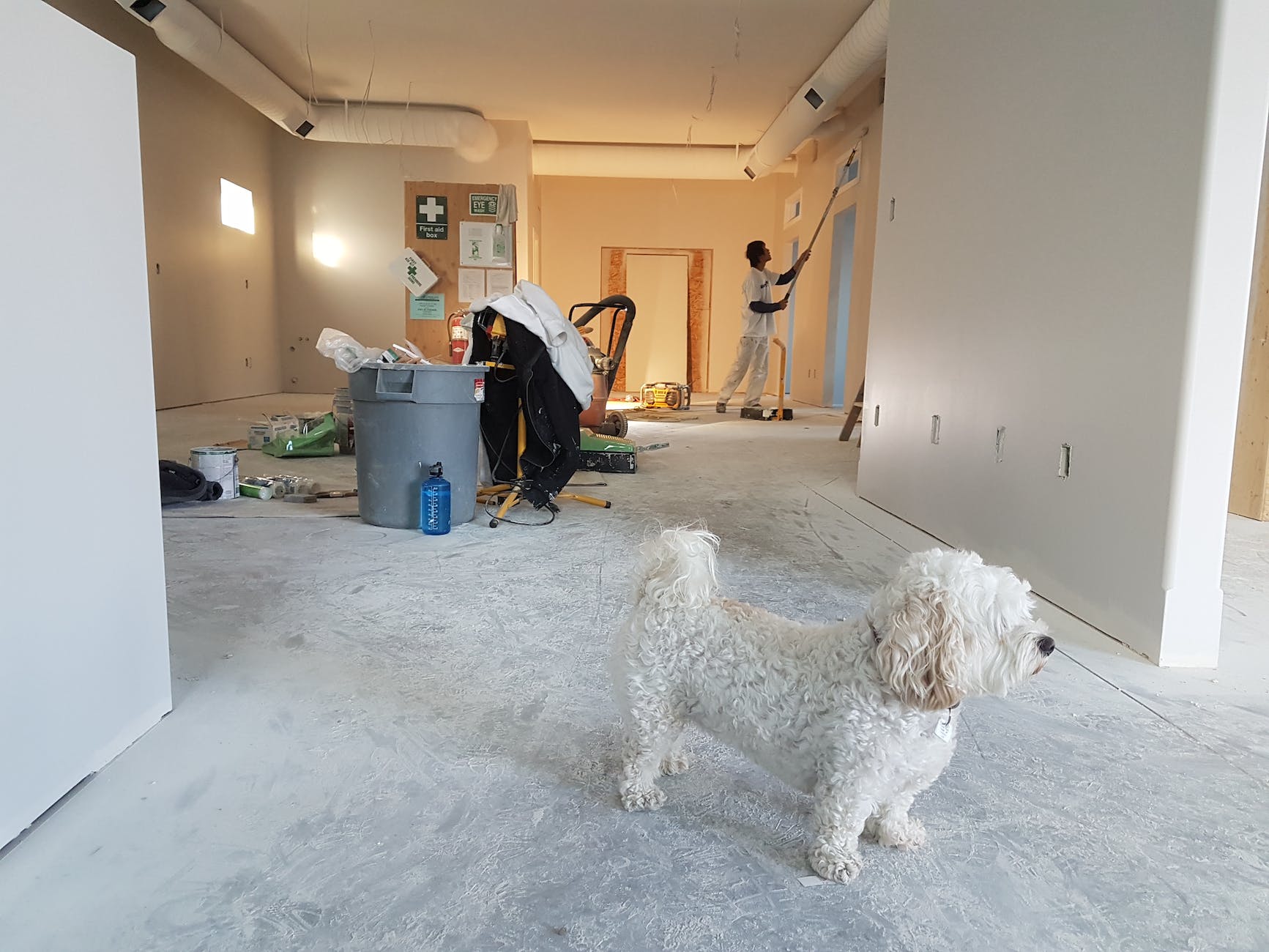
How to become more comfortable discussing money

#This is a collaborative post
Though it plays a crucial role in our everyday lives, money is a taboo subject for many of us.
But why is this?
Well, it’s mostly because it’s seen as a personal matter, and it’s long been considered impolite to discuss money with other people, even if it’s close friends and family. However, we can gain a lot from talking to each other about money — whether it’s from seeing an issue from a new angle or sharing effective solutions.
To create a successful financial dialogue, why not follow our top tips on how to become more comfortable discussing money?
1. Research the topic thoroughly
Before you plan to discuss any important topic, it’s essential to research it thoroughly, particularly when it comes to money.
If you’re looking for financial advice, why don’t you explore your choices ahead of your planned discussion? That way, you won’t just gain a better understanding of it — you’ll also be able to work out which specific areas you really struggle to comprehend.
Of course, research is even more necessary if you’re the one dispensing advice to someone else. Useful resources for both teachers and learners include websites like Money Advice Service and This is Money.
Whether you’re offering or taking on tips, it’s vital to ensure that you’re fully informed on the matter.
What’s more, having a fixed structure for your meeting could also help to relieve the sense of taboo that often surrounds the issue of money, allowing both you and the person you’re speaking with to relax into the conversation.
2. Back up your arguments with facts
Whether you’re giving or gaining advice, it’s always a good idea to back up any points that you make with facts. Obviously, if you’re the advisor, it’s crucial that any insight you provide is evidenced with concrete facts and statistics. If you want to offer savings tips, for example, you could show figures on how certain techniques have enabled people to reduce spending.
Or if you’re helping someone to find a credit card, remember to back up what you’re advising with critical figures like interest rates, as well as the small print details of offers. Likewise, if you’re the one that plans to receive financial advice, look for facts and figures related to your choices ahead of your meet-up, leaving you with more time to discuss each option in more detail.
3. Visit your local branch for advice
Where’s the best place to seek money advice? If you’re not sure exactly how to discuss your finances, why don’t you venture to the local branch of your bank?
Arrange a meeting with one of the bank’s representatives, and they’ll be able to simplify any aspects of either personal or business finance for you.
If you don’t know where to start, list everything you don’t fully understand before discussing each with your chosen professional. Bank professionals are used to dealing with all kinds of queries – so there’ll most likely be no such thing as a “stupid question” during your meeting. We all frequently interact with money — so why should it be treated like a taboo topic?
Follow these tips, and you’ll easily be able to introduce and explore all things finance with almost anyone, whether a professional, a friend or a family member.

















































